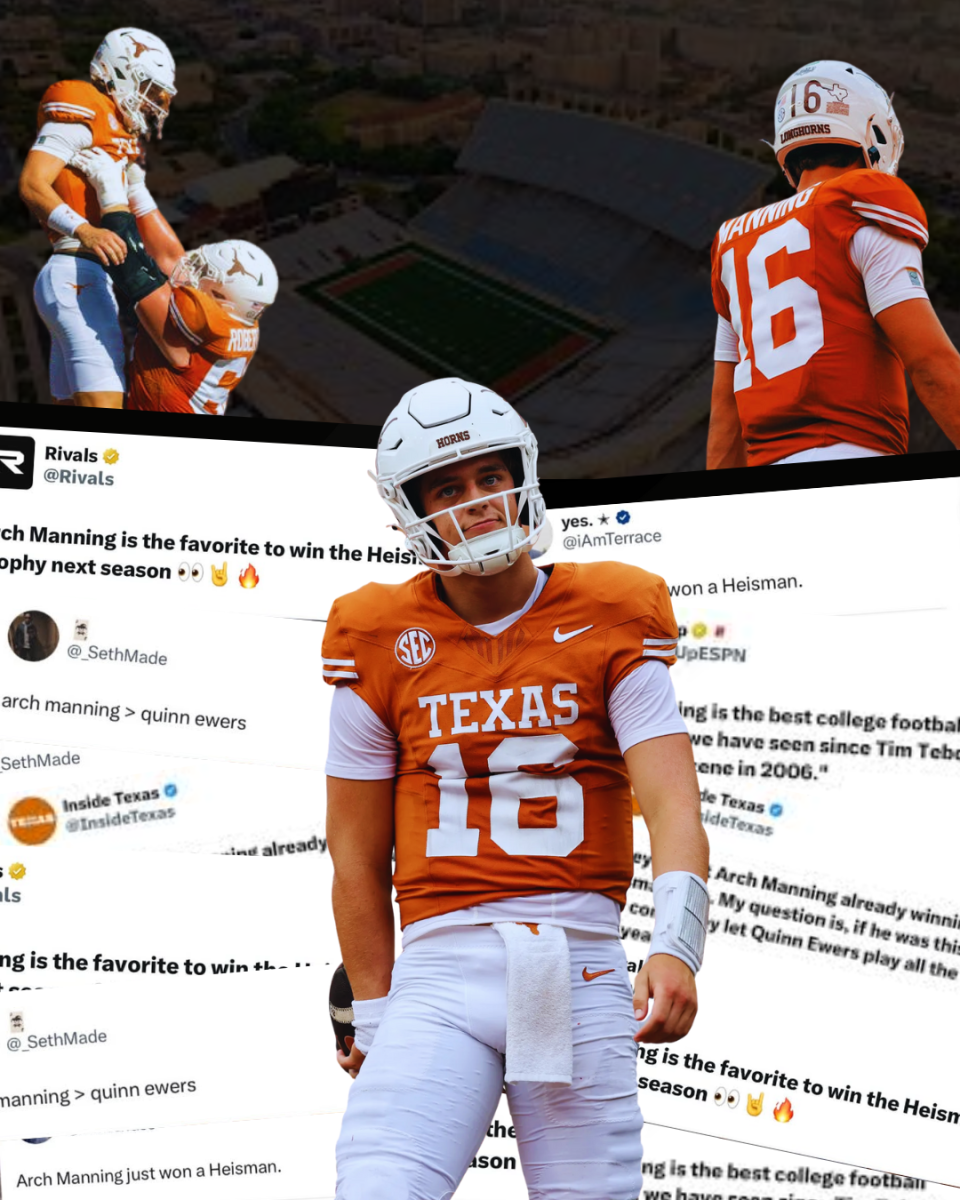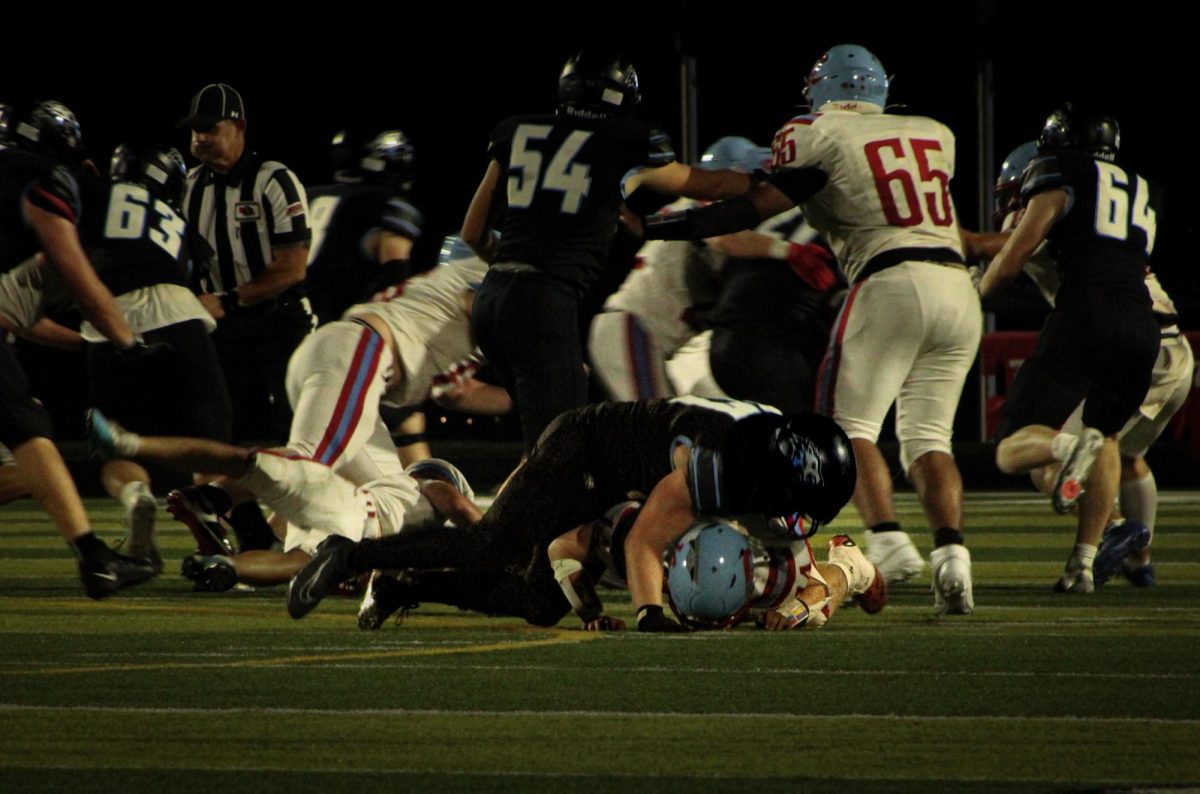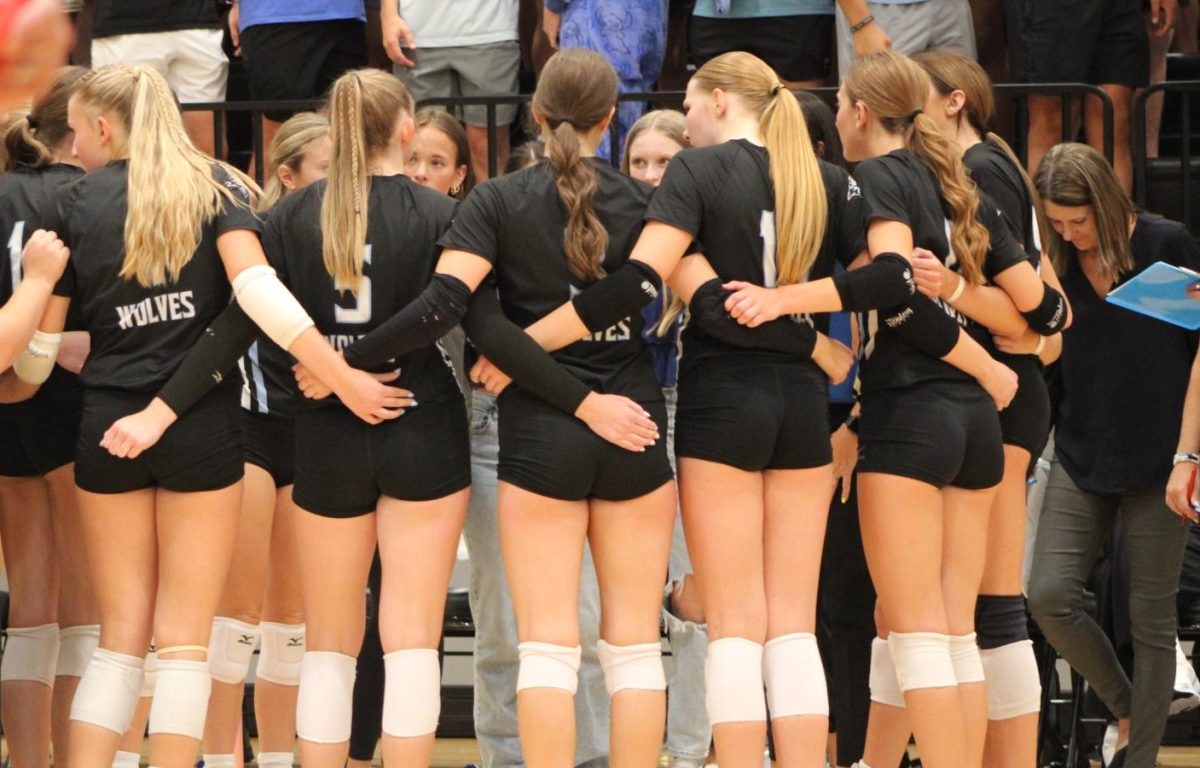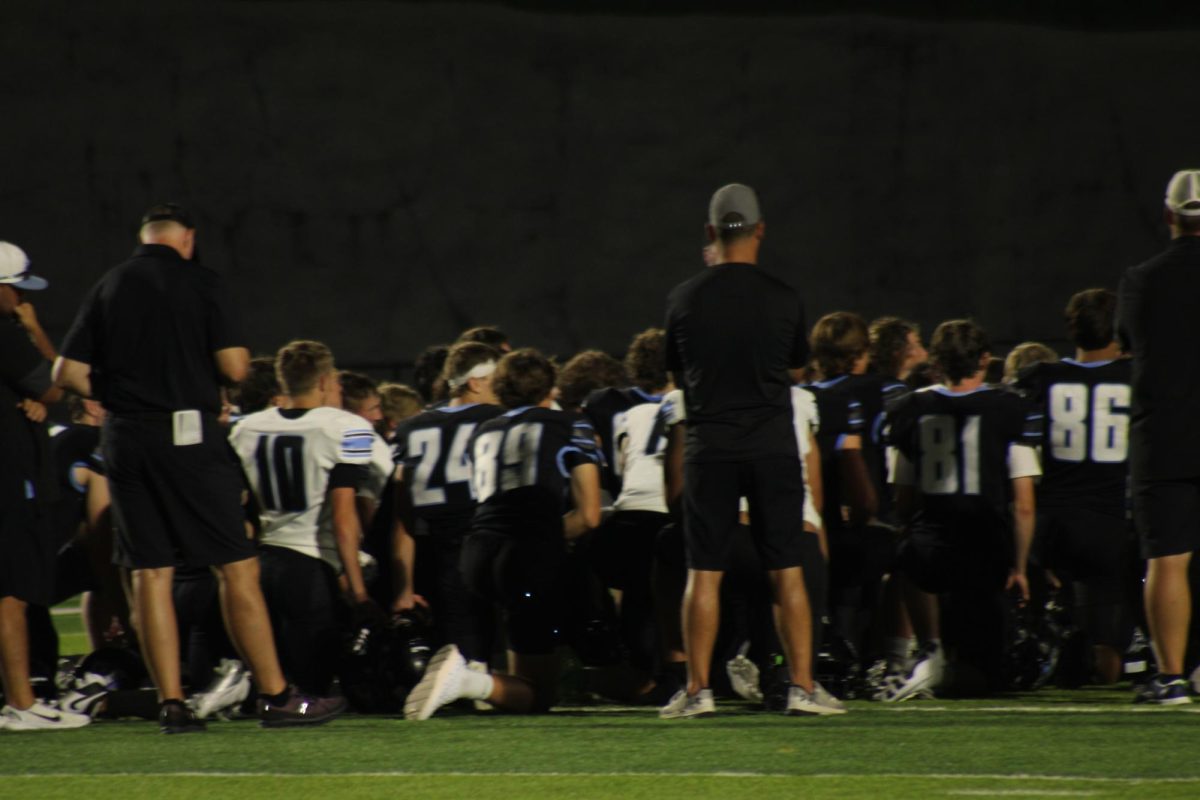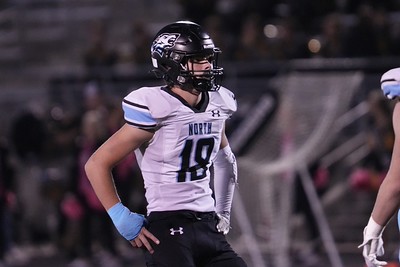
One second it’s Friday night lights and buzzer beaters, and the next it’s punching lockers and hanging up jerseys. The epic highs and lows of high school sports are known far and wide. A team at its best maximizes cooperation and fires on all cylinders. At its worst, players are at each other’s throats over any possible mistake.
A player that is confident in their abilities can reach higher levels of the game while one who is buried under doubt can become jealous and be a detriment to the team.
A “locker room cancer” is a term used to describe players who have a very negative effect on the wellbeing of a team. This can be seen through undermining teammates, disrespecting coaches, blaming others for their own mistakes, etc. One thing about cancer is that it spreads, so one locker room cancer can quickly lead to the downfall of an entire team, unless it is properly snuffed out by players and coaches.
It is no secret that underclassmen look toward seniors for guidance and this is most true in sports. Younger athletes want to model their own performances off of the success they see in others.
If a team member who has been leading the entire year begins to get frustrated and takes it out on their teammates at a crucial moment, it can lead to a major breakdown of communication and can cost the team the game.
Junior football, basketball, and baseball player Jase Reynolds has played at the varsity level for the majority of his high school career and has experienced these problems firsthand.
“The leaders are the ones who set the standards and precedents for how the season and games will go,” Reynolds said.
Pride can be one’s greatest tool both on and off the field but, if used poorly, it can turn a key player into an awful teammate. Playing arrogant can result in underestimating the abilities of opponents and allowing very avoidable mistakes to happen.
Holding down the successes of teammates in order to ensure their own place on top is the kind of manipulative behavior that stems from a locker room cancer. It is imperative for players to stay humble so the team can stay cohesive and strong.
“Sometimes I can get a little too cocky,” sophomore football and baseball player Ian Christo said. “I try to stay humble and not get too showboaty.”
Jealousy can easily affect the minds of high school students; athletes are even more susceptible to this corrosive effect as they are constantly compared to each other to see who is better. An athlete losing a starting position that they were sure they would win can be brutal and the start of an incredibly jealous and toxic attitude.
“I can say that I’ve been jealous of the skill level of others,” junior volleyball player Ava Thompson said. “Like skills that I work really hard for but just don’t come naturally.”
This is something that coaches are actively fighting. Coaches know that locker room cancers are detrimental to on-field play and off-field team relationships; to combat this, coaches actively promote unity throughout their teams.
“You know you have a culture of selflessness that has truly permeated a locker room because there’s somebody else in that locker room that’s going through the same thing you are and you can lean on each other,” head football coach Samuel Stanley said.
A locker room cancer diagnosis can prove fatal for an athletic season, but teamwork and integrity can prove to be the cure that turns a losing record team into a state championship contender.





